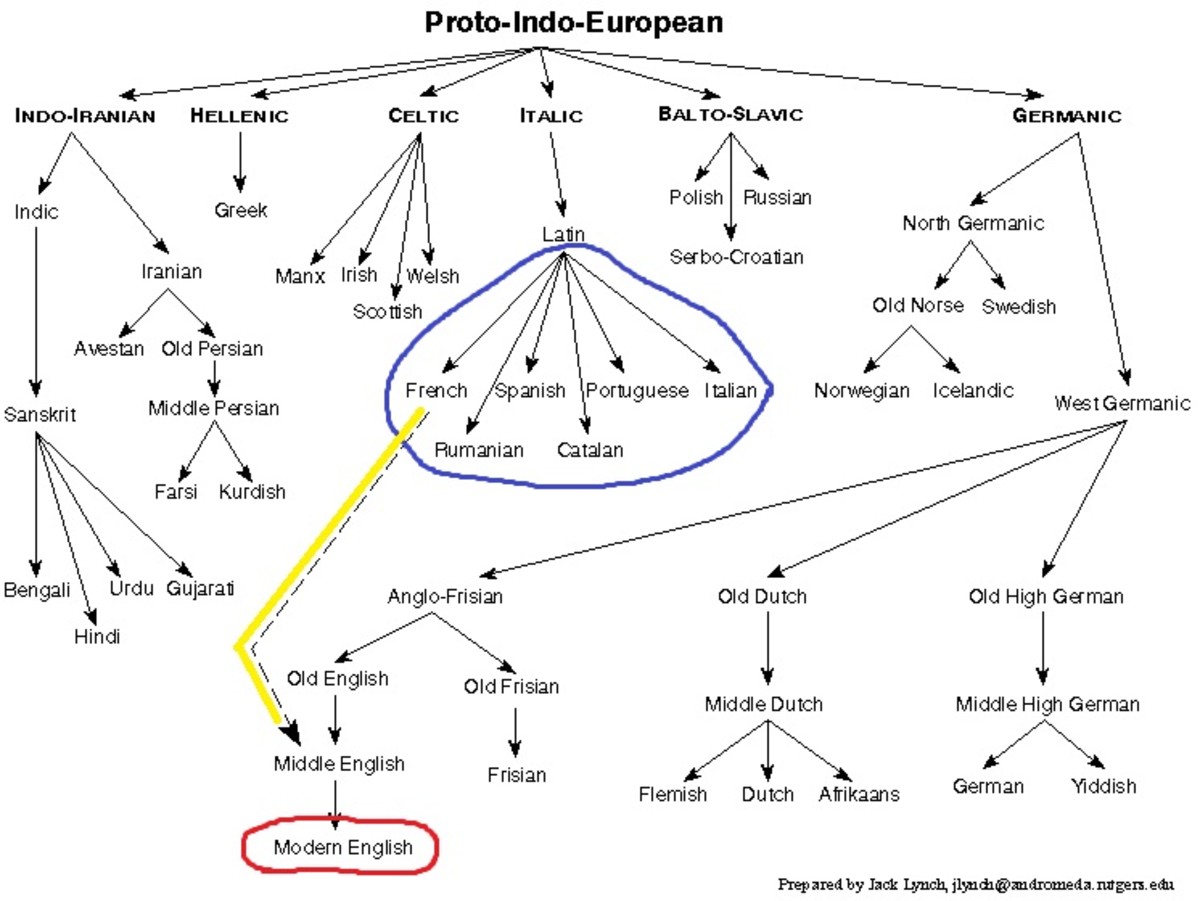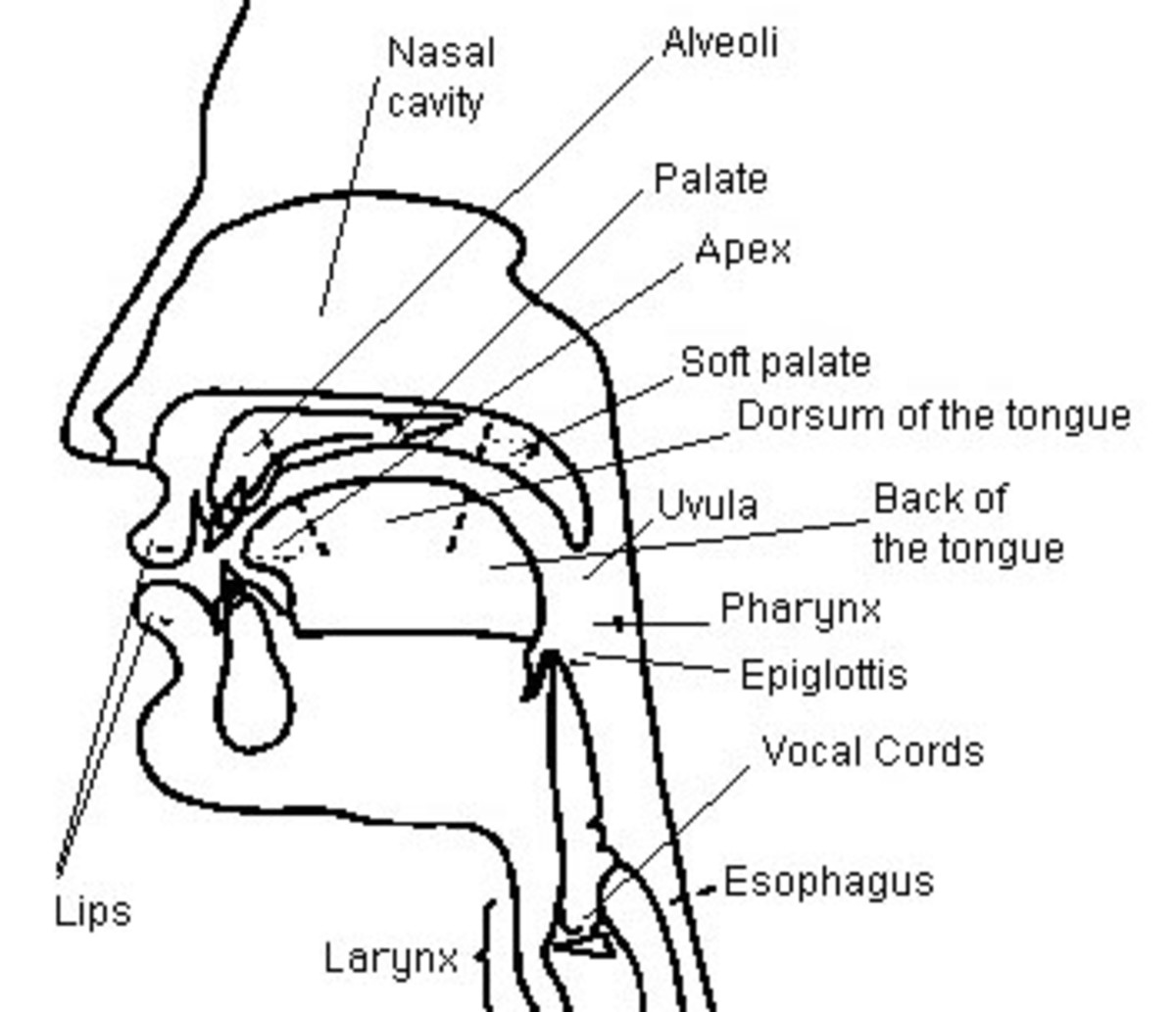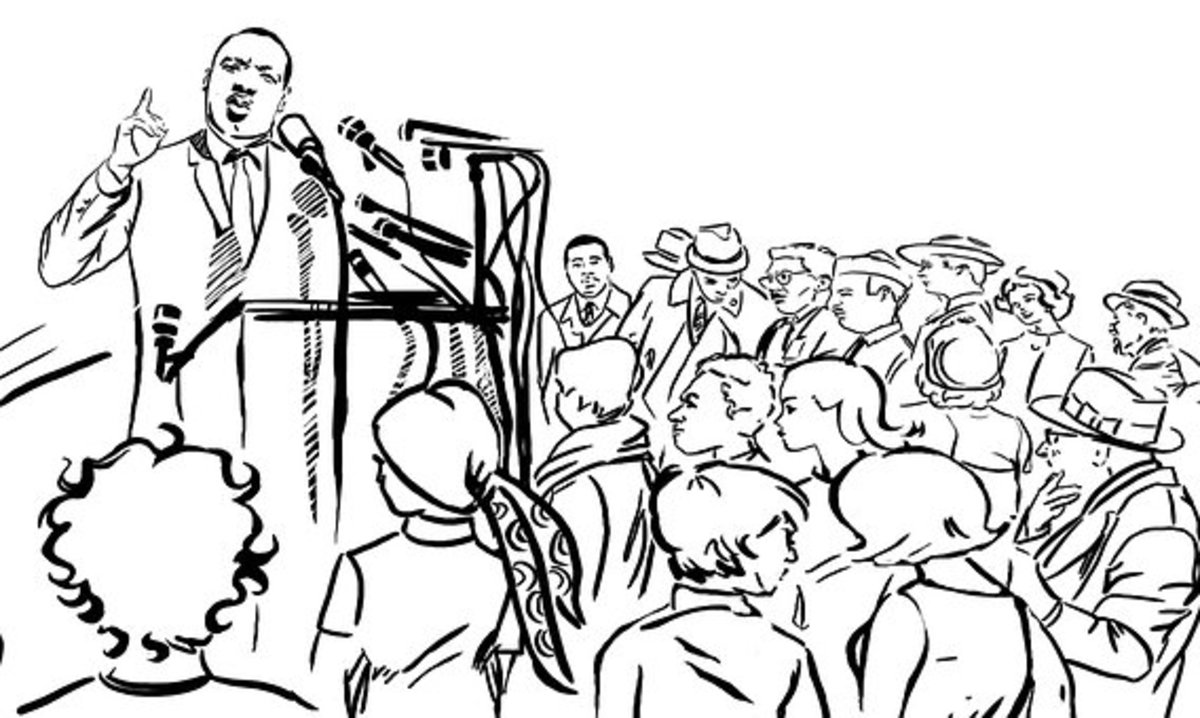Do You Speak California English?
English is one of the most difficult languages to learn as a second language. The language has many oddities and contradictions that make non-English speakers quite frustrated. Like with any language, pronunciation is critical. English has many foreign words that can be identical looking in writing yet pronounced totally different and have different meanings. English is at odds with most other languages of the world in regards to structure, use, and rules.
If that was not difficult enough, places like California, Arizona and such have been influenced by the Spanish language mostly in pronunciation of words that originated in Mexico or South America and have been adapted for English speakers. However, unless you are from one of these states where Spanish is influential, odds are good that you, as an American, will not pronounce many words correctly when visiting California. If you are a English as a second language speaker, it will be even more likely. You might pronounce the word correctly, yet not be understood because you said it too fast or your native accent is much too heavy for American ears. I was speaking to a co-worker from India and while he spoke fine English, he spoke it so damn fast, it sounded like a foreign language until I asked him to slow it down. Of course, people from Scotland and Ireland can also be difficult to understand due to the heavy accent. Same true of those from NY, NJ.
California English applies when you come to inherently Spanish words in origin. Many times, the way they look in spelling is not how you pronounce them. For example, adobe. Many will just say "a-dobe", when it is: "ah-doh-be". Or, Vallejo ( a name of a city), if you are not from California you might say, "valley-ho", when it should be, "va-lay-ho". The huge city of San Jose, IT capital, is often mispronounced by non-Californians, as: "san josie", when it is "san-ho-say". The famous wine area of Sonoma, many times mispronounced "sono-ma" or "son-oma", when it is "so-no-ma". Also, because English and Spanish cultures have become so intertwined, many businesses will use known Spanish words for food dishes like, taco (spoken "tah-co") or burrito (bur-ree-toe) or chalupa (cha-lu-pah) instead of trying to translate them into English. I mean, everyone knows what they are unless you are not from around here.








